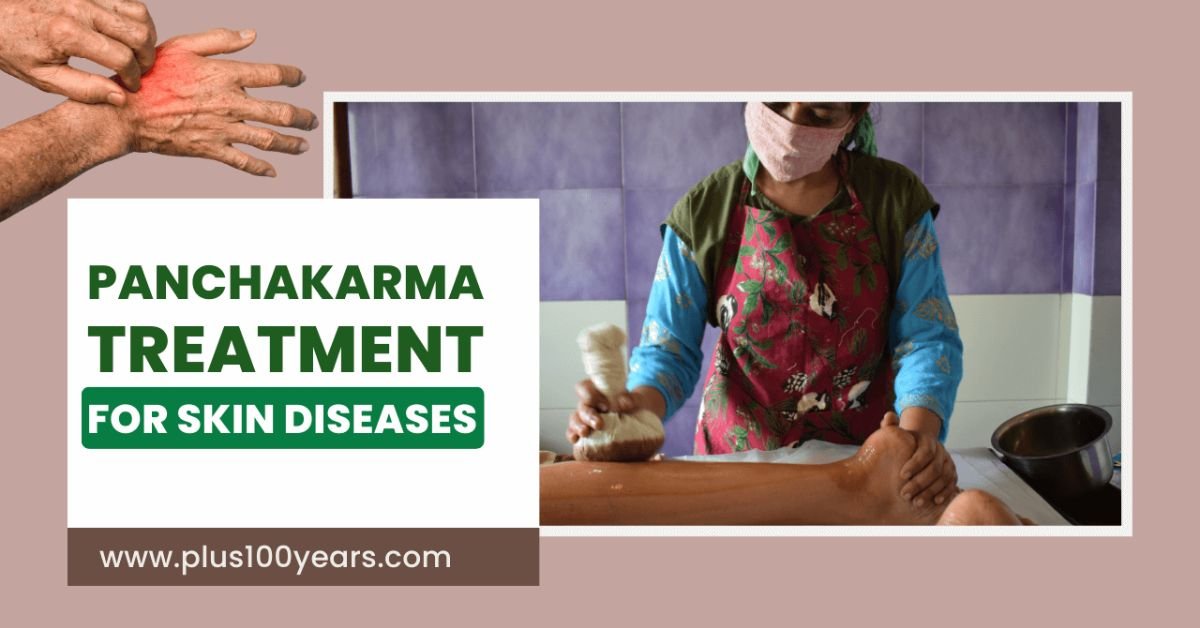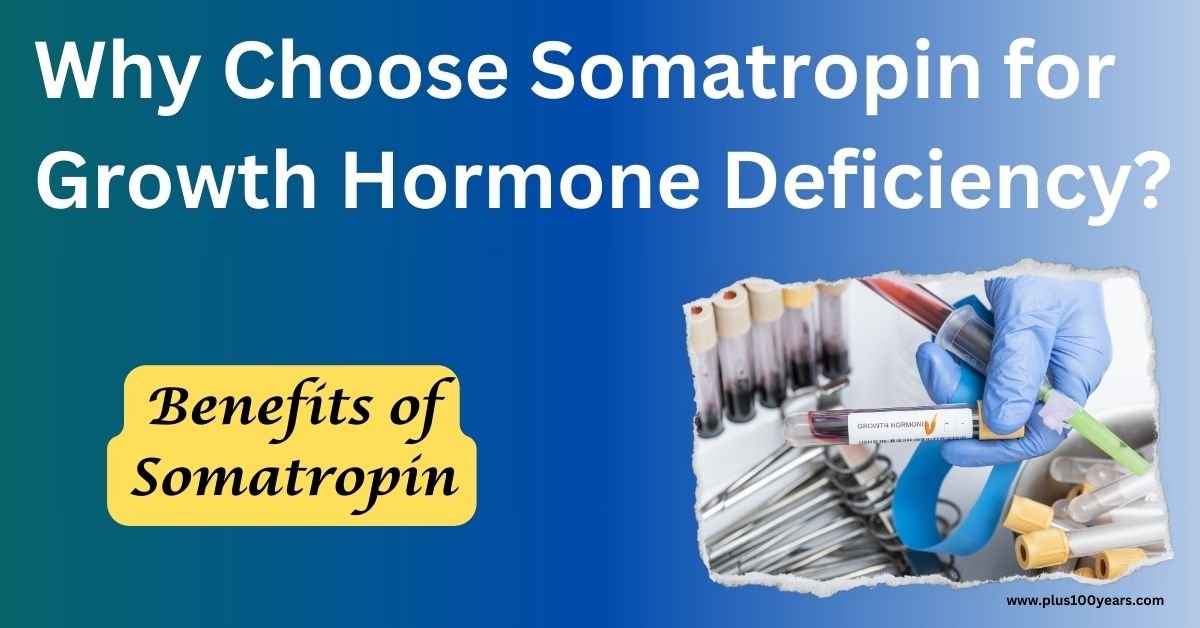Updated:11-09-2025 ; Author : David Bauder, Owner & PA-C Weight Loss and Vitality www.weightlossandvitality.com
We are all familiar with hormones, those tiny chemical messengers that send signals throughout our bodies.
What are bioidentical hormones?
What are hormones?
For example, the pituitary gland creates a hormone known as thyroid-stimulating hormone (TSH). This then activates the thyroid gland to produce its hormones. The second form of communication involves the endocrine gland and the target organ.
For example, the pancreas produces insulin, which causes the liver and muscles to release glucose (1).
What are bioidentical hormones?
Let’s take it one step further from just hormones and discuss bioidentical hormones.
Bioidentical hormones are not naturally found in the body; they are hormones derived from plants. Chemically, they are very similar to the hormones in the body. Structurally, they are practically identical to the hormones in the body.
The US Food and Drug Administration (FDA) has approved several different types of bioidentical hormones for a variety of use cases.
Some of these include estradiol, micronised progesterone, and dehydroepiandrosterone (DHEA). Other bioidentical hormones are available via compounded preparations that are not overseen by the FDA.
These include things like compounded bioidentical menopausal hormone therapy, which includes estradiol cypionate, testosterone, and more (2).
How are bioidentical hormones used?
Perimenopause can also occur before menopause, and it is the period before menopause when women may start to experience irregular periods (4).
Both perimenopause and menopause are associated with changes to hormone levels that can lead to an array of uncomfortable symptoms.
These symptoms include things like hot flashes, mood swings, night sweats, difficulty concentrating, sleep disruptions, and more.
Bioidentical hormones may be used to treat symptoms associated with cancer treatment. They can also potentially help with adrenal and thyroid disorders, fibromyalgia, insulin resistance, and osteoporosis (5).
Different forms of bioidentical hormones
For example, bioidentical estrogen can be provided as a pill, cream, gel, patch, spray, or vaginal tablet.
At present, the FDA has approved products that have bioidentical progesterone and bioidentical estrogen.
Large-scale, well-controlled clinical trials have been conducted that demonstrate reductions in hot flashes, vasomotor symptoms, and urogenital atrophy and improvements in bone density and fracture risk.
These are typically bioidentical hormones provided in compounded preparations. Compounded preparations are usually created and dispensed by select pharmacies.
They sometimes claim to have increased efficacy and safety due to their individualised preparations (3).
Potential benefits of bioidentical hormones
✅ Improved sexual function (6)
Risks and controversies surrounding bioidentical hormones
Much of the controversy surrounding bioidentical hormones is with regard to the compounded formulations. These are created by compounding pharmacies, which are subject to Section 503A of the Federal Food, Drug and Cosmetic Act.
As such, the pharmacies and the drugs they create are exempt from the Federal Food, Drug, and Cosmetic Act.
This means that they do not need FDA approval before marketing, and they are not required to maintain good manufacturing practice or certain labelling requirements (3). Thus, there is some concern around the quality of compounded formulations of bioidentical hormones.
In addition to the potential quality issues, experts and patients have some concerns about the safety of hormonal therapy, such as these.
For example, one study conducted in 2002, known as the Women’s Health Initiative (WHI) had some concerning findings.
As such, many women opted to stop hormone therapy altogether or pursue an alternative therapy for their menopausal symptoms that was considered safer.
While some advocates for bioidentical hormone therapy claim that compounded preparations are safer than FDA-approved products.
However, no published studies in peer-reviewed journals have substantiated these claims. Thus, there is an inherent risk of adverse effects with bioidentical hormone therapy as well (3).
It is also important to note the common misconception that natural automatically means safe.
Although bioidentical hormones are plant-derived, they are still structurally identical to normal hormones.
Thus, if an individual decides to pursue bioidentical hormone therapy, it should be done so under the supervision of a trusted healthcare professional.
How to safely start bioidentical hormones
Usually, your provider will do some lab tests to get measurements of your baseline hormone levels. Based on these results, they’ll be able to determine if you’d be a good candidate for bioidentical hormone therapy.
Careful monitoring and follow-up will be required not just to ensure the therapy is efficacious, but also that it is safe.
Keep in mind, however, that FDA-approved products undergo rigorous review and approval that others don’t, and thus some may consider these hormones “safer”.



